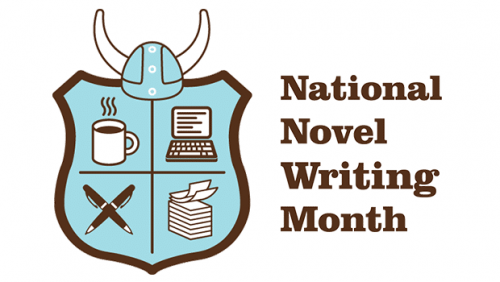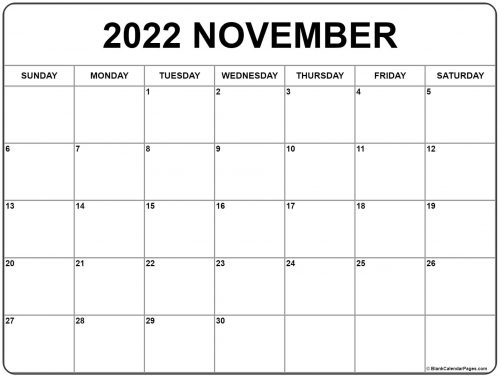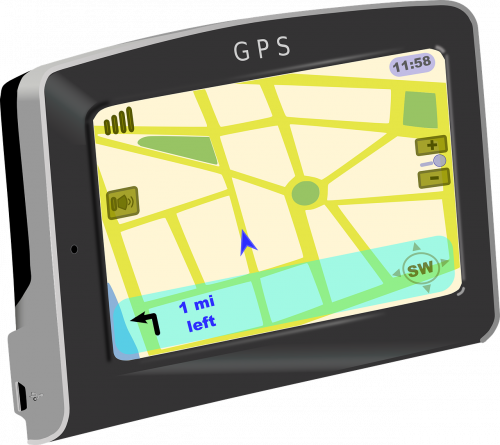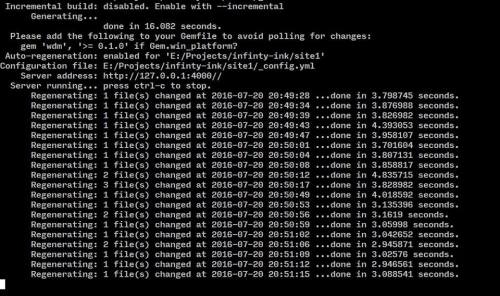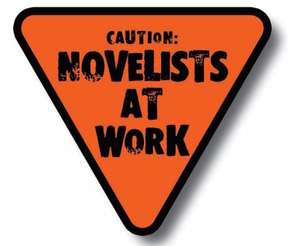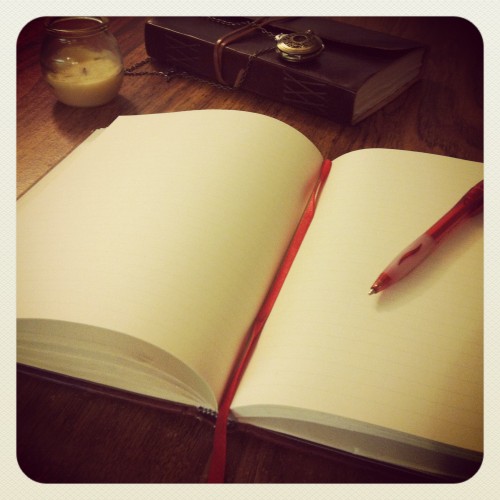I’m always trying to find better ways to write. Trying to figure out tips and tricks that might help me as I wrap up the next story I’m working on (whether that’s a short story or novel or series of novels). And even when the last words are written on the page and I can put THE END at the bottom… it only means that a whole other thing has to be done.
In movies it’s said that the film is really made in the editing room. That with a good edit, even the worst subject matter and story can come out smelling like roses. And I think it is the same in prose writing as well.
I treat my first drafts as just that: First Drafts. Which means I try not to worry too much about making mistakes or poor word choices or even character names… my goal is to get it on the page. By taking this approach it means that after the first draft is finished I still have a good amount of writing and rewriting to do. Now, luckily, I don’t believe I’m just writing a ton of stuff which will have to be overhauled by any means. The core is certainly there. However, it needs to be massaged and cleaned up.
And at some point I have to go through and start using the word search so that I can get rid of my crutch words. So I can get rid of the filler words. So I can get rid of certain turn of phrases which aren’t needed.
Things to Excise:
Adverbs – Anything that ends in “ly” is fair game for elimination. However, as with all of these words or phrases, I do a reread of the paragraph and see if it really warrants extinction. Sadly (hey, there’s that “ly”), adverbs most of the time don’t add as much as we think they do.
For example: “The girl ran quickly.”
Well, how else might she run? Typically if I wanted to imply that she was really pouring it on I’d opt for something like: “The girl sprinted.”
That – This is my absolute favorite one to get rid of. Most of the time the word “that” can be eliminated. Flat out. Read your sentence with “that” and then read it again without “that”… no difference (I’d say 75-80% of the time).
Nodded, Smiled, Laughed, Sighed, Shrugged, Shook, and Grinned – These are really more like placeholders for me on that first pass. I can’t always think of great things for someone to do, so I slot these in initially, and it is on this pass I begin to alter them into something a little… classier maybe. “She grinned.” vs. “She tucked a strand of hair behind her ear.”
I just need something different that 1000 instances of “grinned” and “nodded”.
Just – I probably use this more in my dialogue than in my prose, but it does sneak in there as well. Another word to be deleted.
He said aloud – Another placeholder, waiting to grow up and become something better.
Cliches – These vary from project to project, and I’m not going to claim to find them all, but most of the time I try to avoid them: Needle in a haystack, grasping at straws, get out of dodge, and fast and furious have managed to infiltrate my prose on more than one occasion.
***
Character Names
I use placeholders for character names. Which has its advantages and disadvantages. The advantage is I don’t need to waste a bunch of time when I might be in a good flow to figure out whether the name should be Keith or Kranston. They just get a nickname or more likely something like XXX or YYY (easier to find in word search that way). However, in my current series, I called one character Big Boss for so long I literally couldn’t tell you what name I landed on. Even as I type this up I’m straining to figure it out and nothing is coming to me.
Of course, with that character, I don’t think I came up with a name until I was writing the last couple of chapters… so his name might as well been Big Boss.
The other thing I try to remember is not to pick names with the same starting letter.
I noticed when I was reading something I’m still learning everyone’s names at the beginning of the book. At some point the main character just becomes Alden or Harper and we’re good to go. The problem is when you want to have the entire cast all have names in the same range of the alphabet. I see Aaron and Alden and now I’m trying to remember which character is which. Maybe it is just a me problem, but the least I can do is avoid a similar problem in my own work.
***
Using Less Words
This isn’t simply about erasing filler words, this is about the economy of your prose. One person I read mentioned an idea to go through every paragraph within your book and see if you can cut a sentence and still get the same point across. Can you tell what you need to tell in 10 words rather than 20?
This is a place where I think that yes, I can do that, but sometimes there needs to be some level of flowery language in there. If everything was See Spot Run, then reading would just be too boring. We’re trying to build worlds and characters who are complex and need to have room to breathe.
Still, after editing your work should be a little trimmer, a little lighter on its feet. It’s not a full diet, but just a couple of days of a good cleanse.
***
I’m still at it within Nanowrimo, even if my writing time has been as much as I would like. I’m hopeful the next couple of days can be very productive ones and help me catch up to where I should be.
November is speeding by awfully quick.
***
John McGuire is the writer of the sci-fi novel: The Echo Effect.
He is also the creator/author of the steampunk comic The Gilded Age. If you would like to purchase a copy, go here!
Click here to join John’s mailing list and receive preview chapters of upcoming novels, behind the scenes looks at new comics, and free short stories.
His other prose appears in The Dark That Follows, Hollow Empire, Tales from Vigilante City, Beyond the Gate, and Machina Obscurum – A Collection of Small Shadows.
He can also be found at www.johnrmcguire.com









